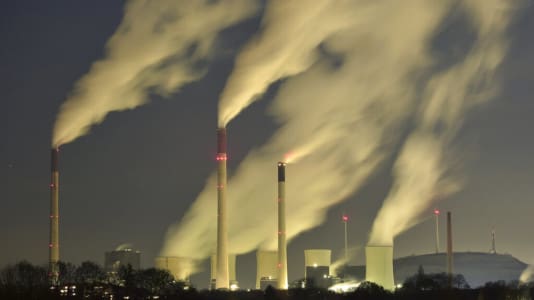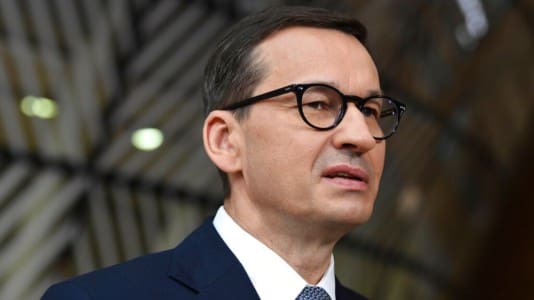The Hungarian general election will be held on April. 3, President János Áder announced on Tuesday.
It will be the ninth general election in Hungary since the regime change, with the Hungarian president confirming that the child protection referendum is due to be held on the same day.
Despite efforts by clandestine groups to stop the referendum, the Hungarian Constitutional Court has given the go ahead, dismissing the objections brought against it. Many are questioning why there is such fierce opposition to the referendum, especially from those who routinely claim Hungary is no democracy, given that a referendum represents democracy in arguably its purest form, and provides an opportunity for citizens to voice their opinions, especially on controversial issues.
In the upcoming election, Hungarians will vote for individual candidates and party lists for the 199-seat assembly, in which the incumbent conservative coalition led by Viktor Orbán currently has a two-thirds majority since 2010. The two main contenders are Viktor Orbán’s Fidesz-Christian Democrat coalition and a loose coalition of five leftist parties and one far-right party, with the latter only being in agreement on a single policy point, namely ending Orbán’s rule.
Orbán, 58, was prime minister from 1998 to 2002 and again since 2010. On Nov. 30, 2020, Orbán became the longest-serving Hungarian Prime Minister of all time, surpassing 19th century politician, Kálmán Tisza, who was prime minister for 15 years from 1875 to 1890, one of the most flourishing periods in Hungarian history.
If Orbán’s party wins this year’s election, he will beat Tisza’s record of uninterrupted rule if he remains in office until at least Nov. 2024.






